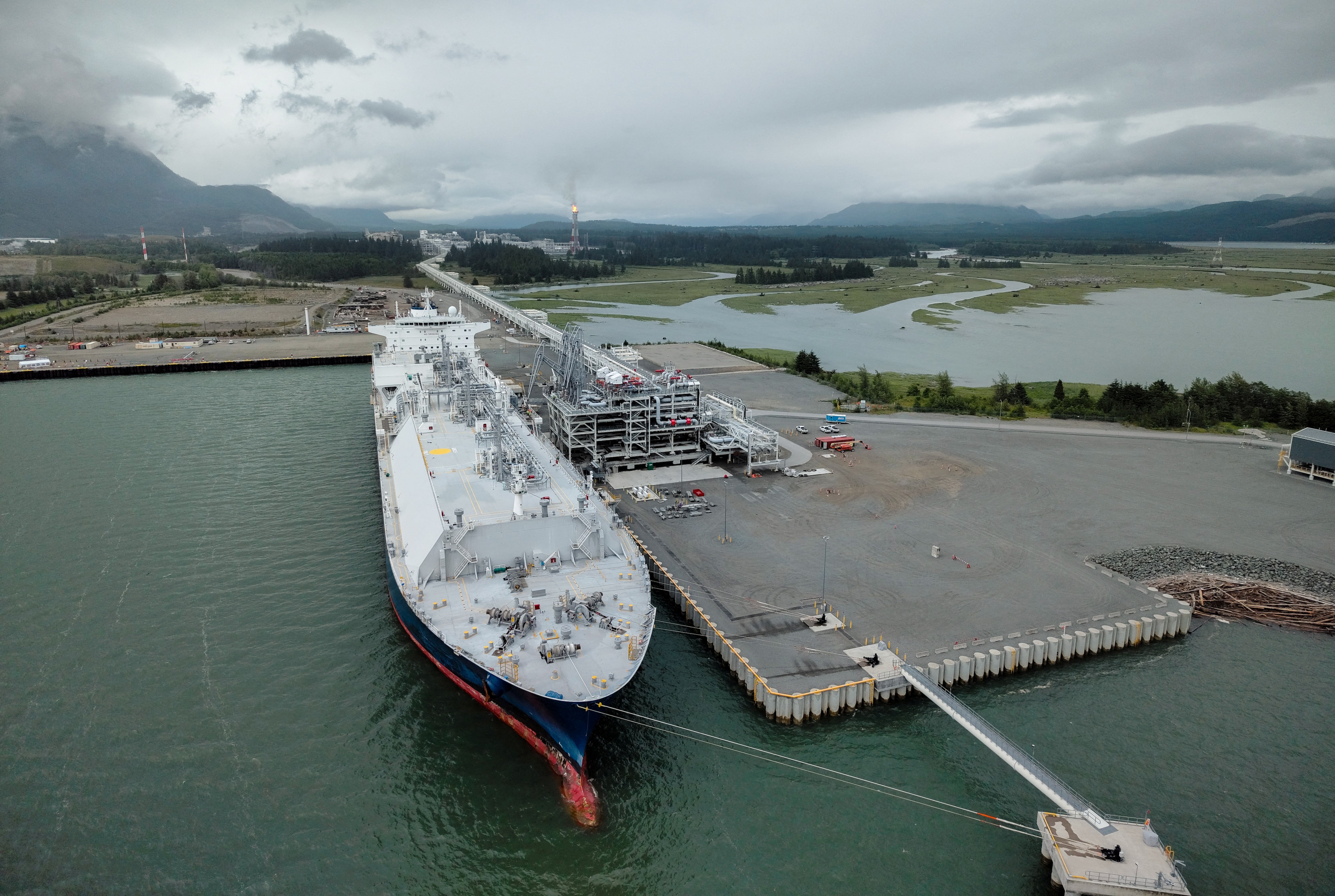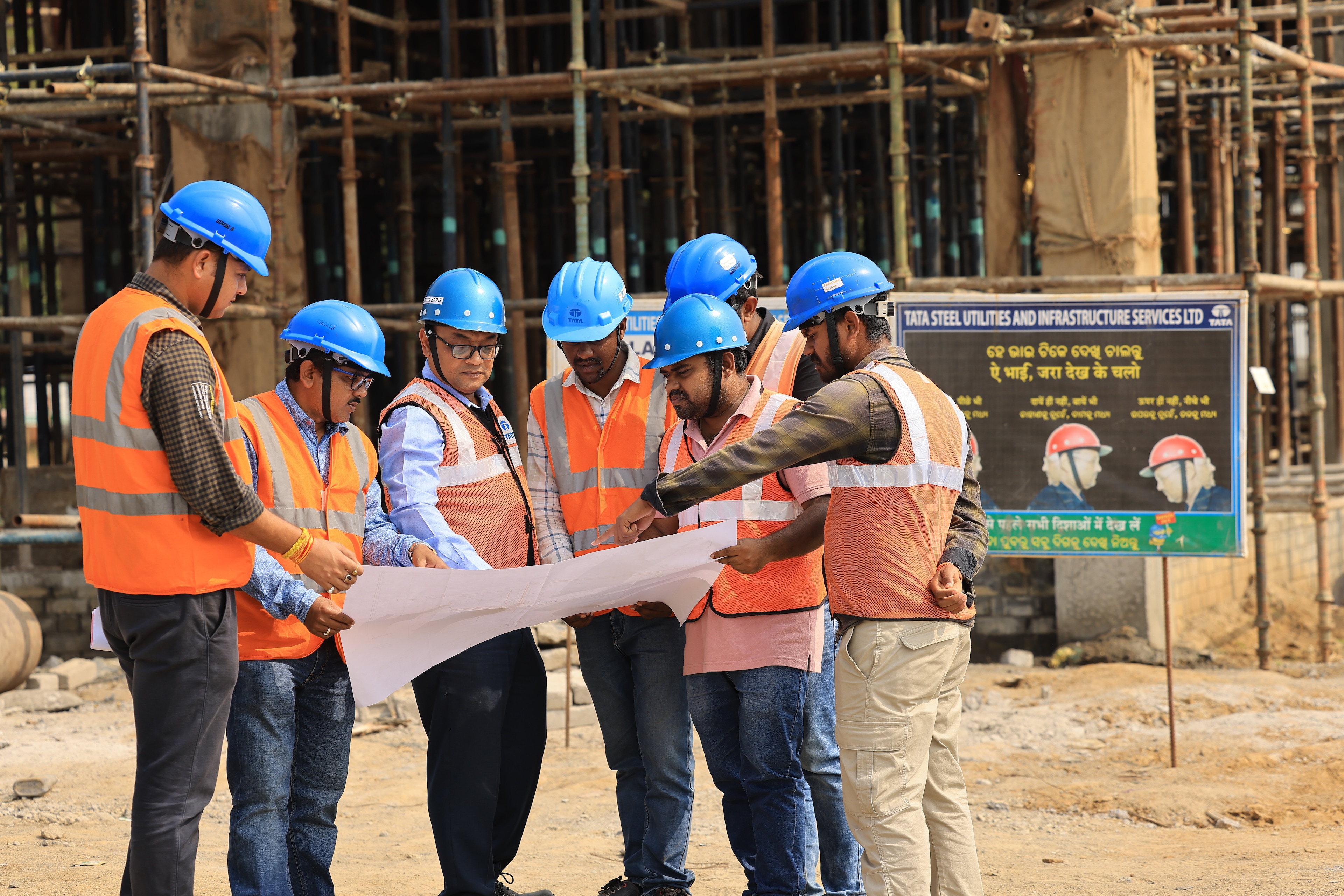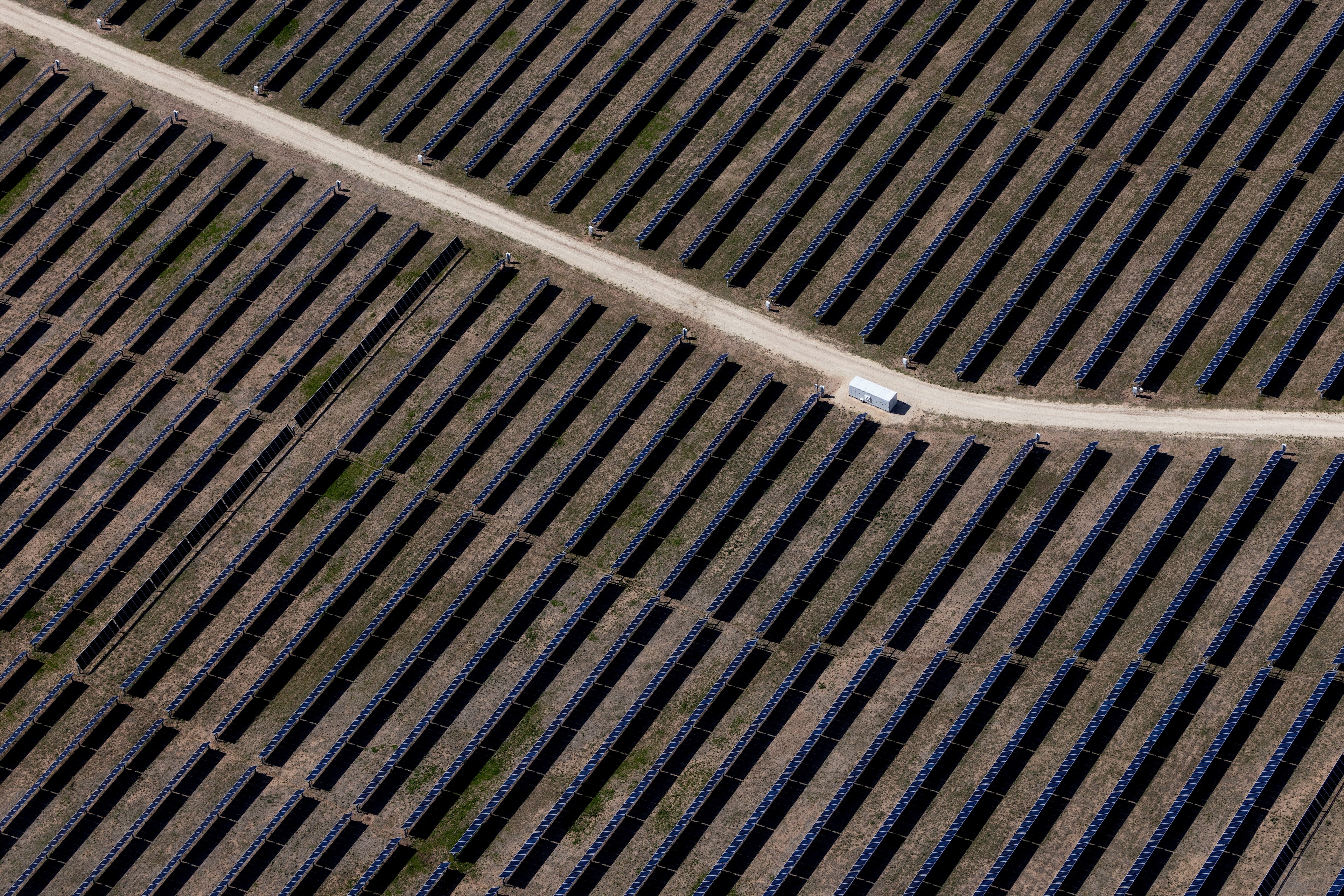Could Africa become a global leader in green energy?

Stay up to date:
Energy Transition
It’s no secret that Sub-Saharan Africa is desperately short of electricity.
Excluding South Africa, consumption averages around 162 kilowatt-hours (kWh) per capita per year. This compares to a global average of 7,000 kWh.
It would take the average Tanzanian around eight years to consume as much electricity as an American uses in one month, the latest report from the Africa Progress Panel indicated.
When American households switch on to watch the Super Bowl, the annual finale of the football season, they consume 10 times the electricity used over the course of a year by the more than 1 million people living in Juba, South Sudan.
But Africa can also become the global leader in low-carbon energy systems; new technologies, new business models and utility reform could be every bit as transformative in energy as the mobile phone was for telecommunications.
Already, the region is registering some of the most remarkable advances in solar, geothermal and wind power.
Four broad technological solutions have the capacity to improve access to energy in most energy-poor regions. The first is the use of standalone devices such as solar lanterns, solar home systems and cook stoves.
The second is the use of energy efficient products such as power-saving light bulbs, fridges and fans. Energy efficient products increase access to energy by maximising what one can do with limited power.
The third is the extension of the national grid; while the fourth is mini-utilities/mini-grids – small power plants that can run on solar, wind, hydro, biomass or diesel power, and are able to reach 100-250 or more households.
Mini-grids “exciting”
Mini-grids are particularly exciting for Africa because they decentralise energy, giving autonomy to underserved areas. Mini-grids also temper energy consumption, easing pressure on the national grid, therefore reducing capital expenditure and generating savings for both families and governments.
But even with all the opportunities, there are still some challenges – mainly access to finance, business and technical expertise constraints and regulatory challenges.
Setting up a mini-grid typically requires high upfront and overhead costs for the developer, and on the consumer end, the connection fees may be out of reach of poor households unless they can access financing or an innovative payment plan.
Operational costs can also be restrictively high; collection of payments from door to door is often costly and time inefficient.
When it comes to regulation, old laws still exist that make it difficult to get private sector participation in mini-grids. One of the major impacts of the archaic regulations is that they created monopolies in power generation and such monopolies are generally hard to change or to privatise without a significant time lag.
In Kenya for example, national utility Kenya Power owns and operates most of the electricity transmission and distribution systems in the country. The government has a 50.1% stake in it with private investors owning 49.9% of it.
Kenya’s 2014 Rural Electrification Master Plan identified 33 new sites to be established as mini grids with the plan to open way for private distributors in mini grids, but policy regarding private sector participation is still to be finalised.
Currently there are 15 mini-grids operated by Kenya Power, with one connected to the grid and 10 more being developed.
East African breakthroughs
Inroads are however being made in Eastern Africa, to deal with the key challenges, and in particular the financing issue.
In 2014, early-stage investments in off-grid solar companies operating in developing countries stood at a record $63.9 million, led by two large deals: $20 million in debt and grants to Kenya’s M-KOPA Solar and $23 million in venture funding for Tanzania-based Off-Grid Electric.
The newly launched Energy Access Ventures Fund aims to provide first ever electricity to one million low-income beneficiaries in rural and peri-urban areas by 2020.
Launched in 2015, the fund aims to boost access to energy in Africa by making long-term equity investments in African SMEs beyond the concept development stage into generation and distribution, and will offer access to technical experts.
The 55 million Euro ($61million) investment will initially target Burundi, Ethiopia, Kenya, Malawi, Mozambique, Rwanda, Tanzania, Uganda, Zambia and Zimbabwe
Other interventions in the region have also focused on combining technical assistance with credit guarantees to financial institutions to enable them to lend to both the supply side (including entrepreneurs, wholesalers and dealers) and the demand side (end-users) of the energy market.
Africa has a unique opportunity to tackle access to energy issues on the continent by learning from successes in Eastern Africa and, in particular, how off-grid solutions can best be developed and managed to ensure maximum efficiency.
This article is published in collaboration with Mail & Guardian. Publication does not imply endorsement of views by the World Economic Forum.
To keep up with the Agenda subscribe to our weekly newsletter.
Author: Daouda Mbor Thiaw is an Associate Partner in the Dakar office of Dalberg Global Development Advisors (DGDA) – a leading global strategy consulting firm focusing on development issues. Ciku Kimeria is the Africa Regional Communication Manager at DGDA.
Image: A worker inspects solar panels at a solar farm. REUTERS/Carlos Barria.
Don't miss any update on this topic
Create a free account and access your personalized content collection with our latest publications and analyses.
License and Republishing
World Economic Forum articles may be republished in accordance with the Creative Commons Attribution-NonCommercial-NoDerivatives 4.0 International Public License, and in accordance with our Terms of Use.
The views expressed in this article are those of the author alone and not the World Economic Forum.
Related topics:
Forum Stories newsletter
Bringing you weekly curated insights and analysis on the global issues that matter.
More on Energy TransitionSee all
Ayla Majid
July 24, 2025
Manikanta Naik and Murali Subramanian
July 23, 2025
Arunabha Ghosh and Jane Nelson
July 22, 2025
Ali Alwaleed Al-Thani and Santiago Banales
July 21, 2025
Goodness Esom
July 18, 2025




